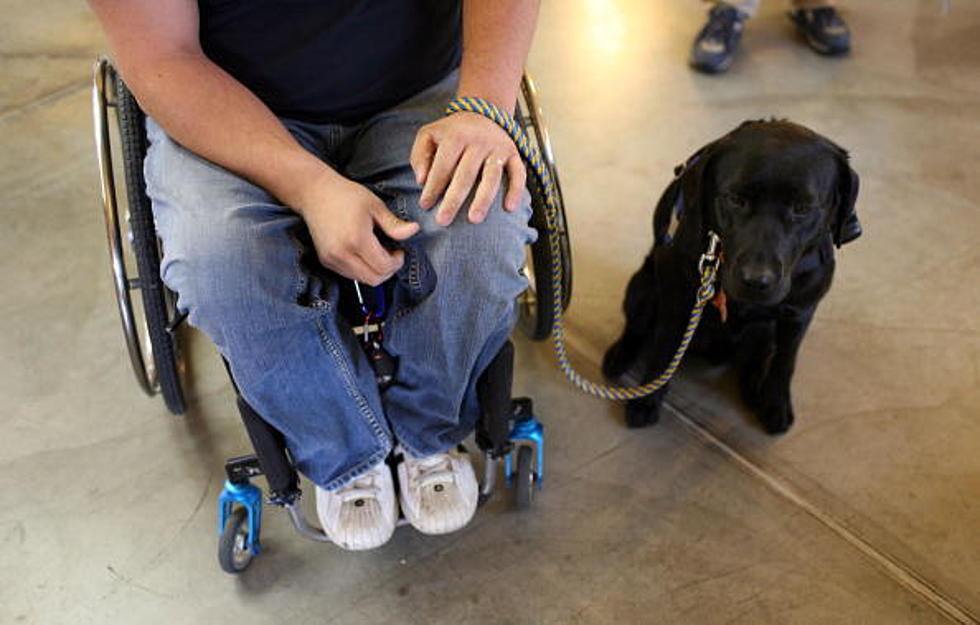
An Emotional Support Animal Was Denied at a Baseball Park, But Why?
Emotional support animals are very important to the people who have them in order to do things like lower anxiety in certain situations. These animals can help people feel fearful of public positions in which they would otherwise have difficulty attending.
But if you look up the Americans with Disabilities Act there are actual limitations on what is allowed and what is not allowed, if you look at the definition.
What is the definition of a service animal according to the Americans with Disabilities Act? Here is what is written on the federal government's website:
Service animals are defined as dogs that are individually trained to do work or perform tasks for people with disabilities. Examples of such work or tasks include guiding people who are blind, alerting people who are deaf, pulling a wheelchair, alerting and protecting a person who is having a seizure, reminding a person with mental illness to take prescribed medications, calming a person with Post Traumatic Stress Disorder (PTSD) during an anxiety attack, or performing other duties.
Seems pretty straightforward and clear, but some people might disagree. Some people have different types of animals that they feel help to support them emotionally.
What got some folks at a professional sports field saying "NO" certainly was the kind of animal this man said was his support animal. The man was trying to get into a Philadephia Phillies game.
Here it is! ABC News reports the man wanted to bring his "emotional support" alligator into the Citizens Bank Park:
You can give us your thoughts on this in our comments section. The five-foot-long alligator's name is Wally and his owner is Joie Henney.
Wally is now really internet famous as the amount of people following him and his owner on Instagram and TikTok grew after they tried to get into the park.
Henney did have Wally on a leash, but at the end of the day, park officials said, "Nope".
LOOK: Here are the pets banned in each state
Gallery Credit: Elena Kadvany
More From 99.9 KTDY


![Slidell Man Catches 8-Foot Alligator Hiding Under His Car [Video]](http://townsquare.media/site/33/files/2022/01/attachment-Slidell-man-catches-alligator.jpg?w=980&q=75)
![Alligator Crawls Out of Storm Drain, Yards Away From Kids Getting Off School Bus [Video]](http://townsquare.media/site/33/files/2021/10/attachment-WBRC-FOX6-News.jpg?w=980&q=75)
![10-Foot Tree Shaker of an Alligator Casually Strolls Through Neighborhood [Video]](http://townsquare.media/site/33/files/2021/06/attachment-South-Carolina-Alligator-CN-Post-4.jpg?w=980&q=75)


![Man Feeds Gigantic River Crocodile Like It’s His Sweet Little Pet [Video]](http://townsquare.media/site/33/files/2021/04/Gigantic-Crocodile.jpg?w=980&q=75)

